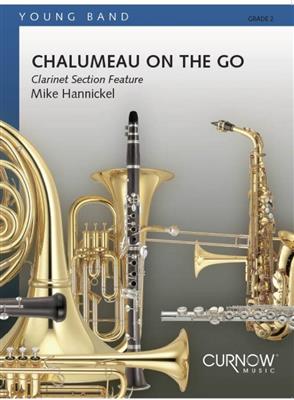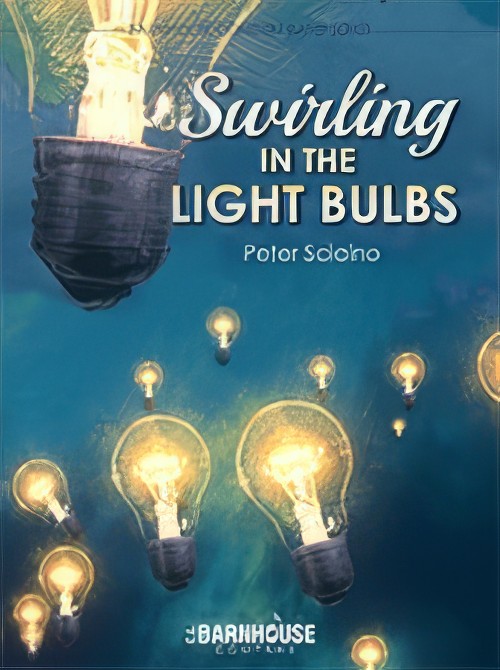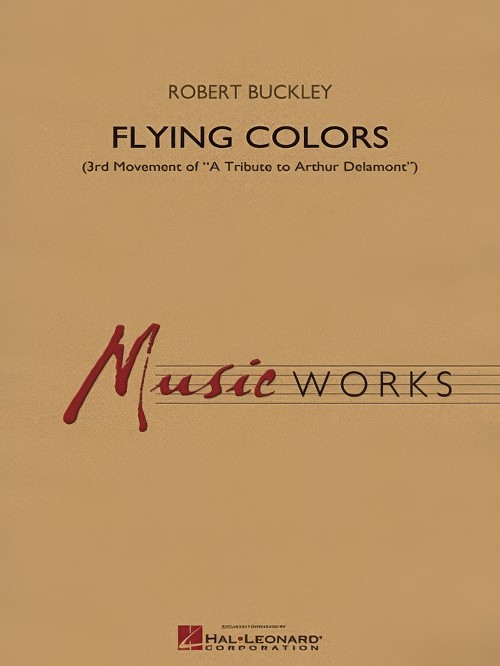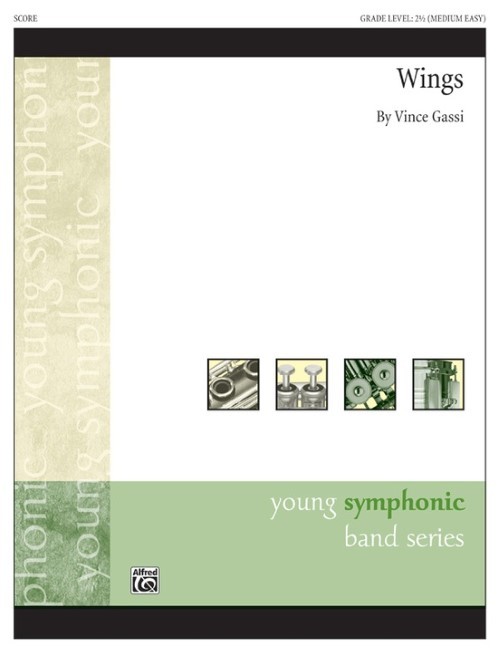Results
-
 £138.00
£138.00San Pedro de Alcntara - Valdemar Gomes
The Spanish war galleon with 64 cannons, built in Cuba between 1770 and 1771 for an English shipowner in the service of the King of Spain left Peru for Cadiz in 1784 with a huge cargo of copper, gold, silver and other valuables on board. There were also more than 400 people on board, including passengers, crew and Inca prisoners after a revolt. The Atlantic crossing went smoothly, passing Portugal to take advantage of favourable winds. The shipwreck off Peniche was the result of human error, apparently due to French maps with dramatic errors in the position of the islands of Berlengas and neighbouring islets. On 2 February 1786, the sea was calm and the night clear, but they hit the rock formation Papoa and the hull immediately broke in two. The bottom sank quickly, while the deck remained afloat for some time. 128 people lost their lives, including many Indians who were trapped in the basement. This shipwreck is considered one of the most important in maritime history.What the composer wants to convey, and what can be felt as one listens, is first of all the sound of power, of hope, of the glory of conquest, of the splendour of wealth. This is followed by the perception of the maritime environment, the harmony with the softness of the ocean, the gliding of the hull in the foam of the sea on sunny, blue days. But along with this tranquillity, you soon hear a rhythmic chain that makes you feel a representation of the hustle and bustle, of the busy crew, of the hard work of a sailor, of the desperation of an exotic people imprisoned in a dark, damp cellar. A distinct rhythm that reminds us of the "salero" of Andalusia, with its Arab influences and its people, the soothing of the resignation of others who are forced to submit. Then we clearly hear a crescendo that makes us imagine the agony of the collision that precedes the shipwreck. The breaking of the hull, the water flooding everything, the despair, the clash of bodies on the rocks, the tragedy to come. Before the "grand finale", in which the return of musical softness reminds us that the story is over. The supremacy of nature over human greed. The waves, though gentle, sweep the wreckage, the lives and the treasures of the New World to the bottom of the sea.
Estimated dispatch 7-14 working days
-
 £57.50
£57.50Chalumeau on the go - Mike Hannickel
Typically bands that play at this level have some Clarinet players who are comfortable above the break and others who are not. By staying below the break throughout, this light and spirited Clarinet section feature let's you give the entire section a bit of the limelight. This is a perfect vehicle to help your Clarinet section learn to shape a phrase, and the cheerful melody let's you program this piece anywhere you like. It's also a good selection to use to take the pressure off Brasses before a particularly taxing major work. Remind the critically important Clarinet section that you value their efforts as much as any other section. Breezy!
Estimated dispatch 7-14 working days
-
£248.99
Odysseia - Maxime Aulio
Washed up on the Phaeacian shore after a shipwreck, Odysseus is introduced to King Alcinous. As he sits in the palace, he tells the Phaeacians of his wanderings since leaving Troy. Odysseus and his men fi rst landed on the island of the Cicones wherethey sacked the city of Ismarus. From there, great storms swept them to the land of the hospitable Lotus Eaters. Then they sailed to the land of the Cyclopes. Odysseus and twelve of his men entered the cave of Polyphemus. After the single-eyed giantmade handfuls of his men into meals, Odysseus fi nally defeated him. He got him drunk and once he had fallen asleep, he and his men stabbed a glowing spike into the Cyclop's single eye, completely blinding him. They escaped by clinging to the belliesof some sheep. Once aboard, Odysseus taunted the Cyclop by revealing him his true identity. Enraged, Polyphemus hurled rocks at the ship, trying to sink it. After leaving the Cyclopes' island, they arrived at the home of Aeolus, ruler of the winds.Aeolus off ered Odysseus a bag trapping all the strong winds within except one - the one which would take him straight back to Ithaca. As the ship came within sight of Ithaca, the crewmen, curious about the bag, decided to open it. The winds escapedand stirred up a storm. Odysseus and his crew came to the land of the cannibalistic Laestrygonians, who sank all but one of the ships. The survivors went next to Aeaea, the island of the witch-goddess Circe. Odysseus sent out a scouting party butCirce turned them into pigs. With the help of an antidote the god Hermes had given him, Odysseus managed to overpower the goddess and forced her to change his men back to human form. When it was time for Odysseus to leave, Circe told him to sail tothe realm of the dead to speak with the spirit of the seer Tiresias. One day's sailing took them to the land of the Cimmerians. There, he performed sacrifi ces to attract the souls of the dead. Tiresias told him what would happen to him next. He thengot to talk with his mother, Anticleia, and met the spirits of Agamemnon, Achilles, Patroclus, Antilochus, Ajax and others. He then saw the souls of the damned Tityos, Tantalus, and Sisyphus. Odysseus soon found himself mobbed by souls. He becamefrightened, ran back to his ship, and sailed away. While back at Aeaea, Circe told him about the dangers he would have to face on his way back home. She advised him to avoid hearing the song of the Sirens; but if he really felt he had to hear, thenhe should be tied to the mast of the ship, which he did. Odysseus then successfully steered his crew past Charybdis (a violent whirlpool) and Scylla (a multiple-headed monster), but Scylla managed to devour six of his men. Finally, Odysseus and hissurviving crew approached the island where the Sun god kept sacred cattle. Odysseus wanted to sail past, but the crewmen persuaded him to let them rest there. Odysseus passed Circe's counsel on to his men. Once he had fallen asleep, his men impiouslykilled and ate some of the cattle. When the Sun god found out, he asked Zeus to punish them. Shortly after they set sail from the island, Zeus destroyed the ship and all the men died except for Odysseus. After ten days, Odysseus was washed up on theisland of the nymph Calypso.
Estimated dispatch 7-14 working days
-
 £144.99
£144.99Like a Child - Andreas Ludwig Schulte
The young have the future. This is the statement made at the beginning of 'Like a Child' by Andreas Ludwig Schulte. The opening radiates strength and ambition, but one is also made to wonder which direction will be chosen, which choices will have to be made.After the introduction the first steps on the path of life are taken, still somewhat unsteadily (the 3/4th time used illustrates this uncertainty). However, the child has now set off and will meet the future with an open mind, unafraid, even though experience will teach it how easily it can be hurt.Fortunately, it is sometimes allowed to be vulnerable and it discovers there will always be someone to offer shelter,support and love. (Adagio) The last part breathes a far greater independence. Youth is able to face the future, it can even take on the whole world!
Estimated dispatch 7-14 working days
-
 £105.80
£105.80No War - Marco Somadossi
The theme of this composition is immediately evident from the title, which almost requires no further explanation. It will never be possible to represent or reproduce the full implications of a tragedy such as war, all too often forgotten, concealed, exploited or written off as being an evil that is "necessary" for the development of civilisation. War changes the course of human history: man kills man, fathers bury their sons, children take up arms, and mankind is devastated by evil, choosing death over life. The atrocities, repeatedly perpetrated and evident to all observers, are an offence to human dignity. Yet they are tolerated and, at times, even re-interpreted as inevitable remedies for "obstacles" to the global economy, in order- it would seem- to build "a better world". And all this goes on despite the fact that the terrible scars left by past wars are still evident and should serve as a warning to ensure that such tragedies do not return to devastate our world. "No War" is thus a heart-felt protest against any form of culture that justifies war as a means of gaining wealth and power, satisfying the economic needs of the richest countries at the expense of the poorest nations. In so doing the one truly fundamental value is annihilated, that of human life.
Estimated dispatch 7-14 working days
-
 £76.99
£76.99Highlights from Jersey Boys
Showcasing the story of Frankie Valli and the Four Seasons, the hit musical Jersey Boys is a nostalgic look at some of the most popular songs of the 1960s. This fast-paced medley includes: Big Girls Don't Cry, Can't Take My Eyes Off of You, December 1963 (Oh, What a Night), Rag Doll and Walk Like A Man.
Estimated dispatch 7-14 working days
-
 £60.99
£60.99Shackelford Banks (Tale of Wild Mustangs) - Jay Bocook
Grade 2 Named for the uninhabited island off the North Carolina coast where wild horses still roam, this energetic original features a distinct western flavor with strong themes and solid scoring throughout. A short flute solo isfeatured in the tranquil opening before the trumpets take over with the robust main theme. The variety in textures and contrasting themes help make this one particularly attractive for festivals or concerts. Dur: 3:30
Estimated dispatch 7-14 working days
-
 £74.00
£74.00Swirling in the Light Bulbs (Concert Band - Score and Parts) - Sciaino, Peter
Infectiously rhythmic and energizing, "Swirling in the Light Bulbs" is a refreshing addition to any concert program! Conjuring images of an electrical current through swirling melodic lines and irresistible grooves, this engaging selection explores the wonder of harnessed energy. "Swirling in the Light Bulbs" is inspired by former U.S. Poet Laureate Billy Collins's take on this often overlooked modern miracle. In his poem "August," Collins writes "and time to offer some thanks to the electricity swirling in the light bulbs." Allow audiences to be captivated as your ensemble generates a relentless pulse and builds exhilarating sonic momentum before a whimsically abrupt ending signals the band "powering off." Duration: 3.30
Estimated dispatch 7-14 working days
-
 £72.99
£72.99Flying Colors (Concert Band - Score and Parts) - Buckley, Robert
Third Movement of A Tribute to Arthur Delamont.Imagine a band far off in the distance marching toward you - soft at first, the music becomes louder and louder; the red capes of the band sway in the wind, getting closer and closer. It was this image that inspired Flying Colors. Famed bandmaster Arthur Delamont always programmed a march in his concerts, and the hallmark of his band was their red capes. The work begins very softly with a distant snare drum beat. The trumpets enter quietly with the melody, and with each new melodic entry the music grows and intensifies to a roaring finish. This is a fresh new take on a march, and is sure to please players and audiences alike! Flying Colors is the third movement of A Tribute to Arthur Delamont and was commissioned by the West Vancouver Youth Band.Duration: 3:10
Estimated dispatch 7-14 working days
-
 £53.95
£53.95Wings (Concert Band - Score and Parts) - Gassi, Vince
The men and women of the Royal Canadian Air Force are the inspiration behind this original composition by Vince Gassi. The first work in his Armed Forces Suite, it takes off with a bright, spirited theme first heard in the flutes. The rest of the ensemble soon joins in the maneuvers and offers a fuller tactical report. Clarinets take over with dignity, providing a lyrical contrast, and are supported by a stately accompaniment. It isn't long before we start to feel the "spirit of adventure" building to a contrasting section conveying images of stealth and intrigue. Covert operations lead finally to a restatement of the opening theme by the brass with flute and clarinet obligato. Interlace with fragments from the covert section and we are carried to a soaring conclusion. If you are looking for a spirited concert opener or closer, look no further!Duration: 3:15
Estimated dispatch 7-14 working days
